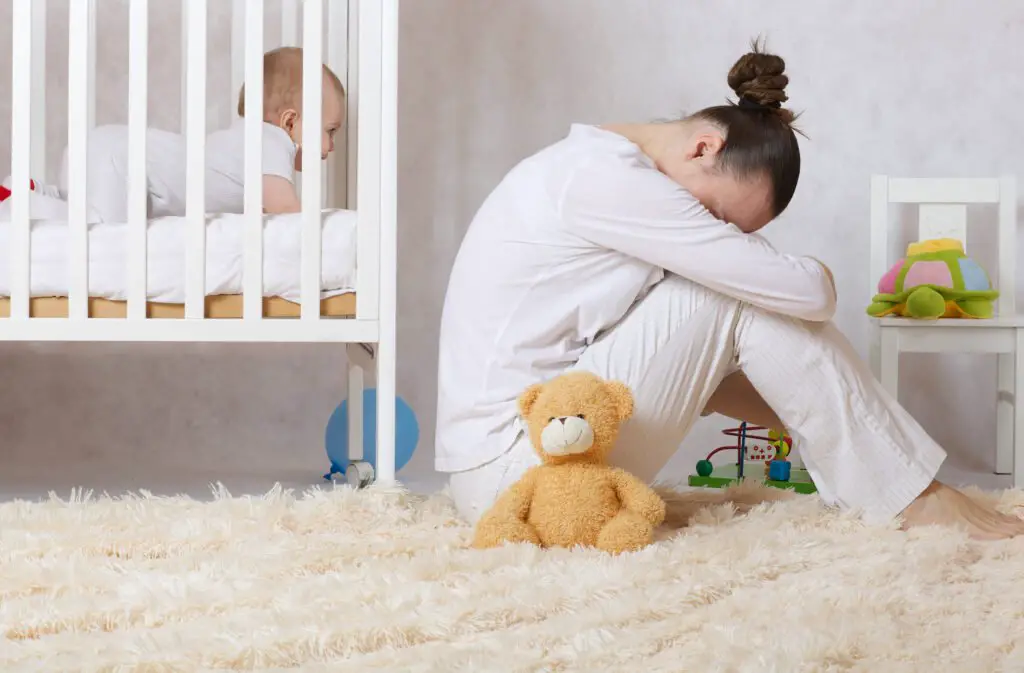In this article, we’ll explore the significant yet often overlooked topic of postpartum depression. Understanding its symptoms and seeking the right treatment is crucial for new mothers.
[toc]
Key Takeaways
- Recognize the symptoms of postpartum depression and the importance of early intervention.
- Learn about the factors that increase the risk of developing postpartum depression.
- Discover effective ways to seek help and manage symptoms.
Understanding Postpartum Depression
Normal Emotions vs. Persistent Symptoms
It’s normal for new mothers to experience a wide range of emotions after childbirth. However, persistent feelings of sadness, anxiety, or mood swings can be signs of postpartum depression.
Hormonal Changes and Sleep Disruption
Fluctuations in estrogen and progesterone levels, along with sleep irregularities, can contribute to emotional upheavals. While mood typically stabilizes as hormones balance out, some women may experience more severe issues.
Recognizing Postpartum Depression
If you are constantly overwhelmed or unable to cope with daily tasks, it might be time to seek help. Symptoms include excessive fatigue, frequent crying, feeling detached, and a persistent sense of inadequacy.

Who Is Most At Risk?
- Women with a history of psychological treatment.
- Those who have had a traumatic or unsatisfactory childbirth experience.
- Women with a troubled childhood or strained parental relationships.
- Challenges like painful stitches, a demanding baby, sleepless nights, or body image issues post-birth can also contribute to depression.

Seeking Help: A Vital Step
Importance of Support
If you suspect you’re experiencing postpartum depression, seek professional help. This is crucial not just for your well-being but also for your baby’s development. Postpartum depression can hinder your ability to engage in necessary interactive play with your baby, impacting their social development.
Partner’s Role
Involving your partner can be beneficial. They can provide support during doctor visits and help remember advice and treatment plans. Working together can speed up recovery.
Lifestyle Adjustments
- Ask for help with household chores and baby care.
- Make time for daily walks and exercise.
- Prioritize self-care activities like taking a bath.
- Remember, looking good can often make you feel good too.
Medical Intervention
- Your doctor may check thyroid levels if a hormonal imbalance is suspected.
- Antidepressants might be prescribed for short-term relief.
- Hospitalization is considered only as a last resort.

